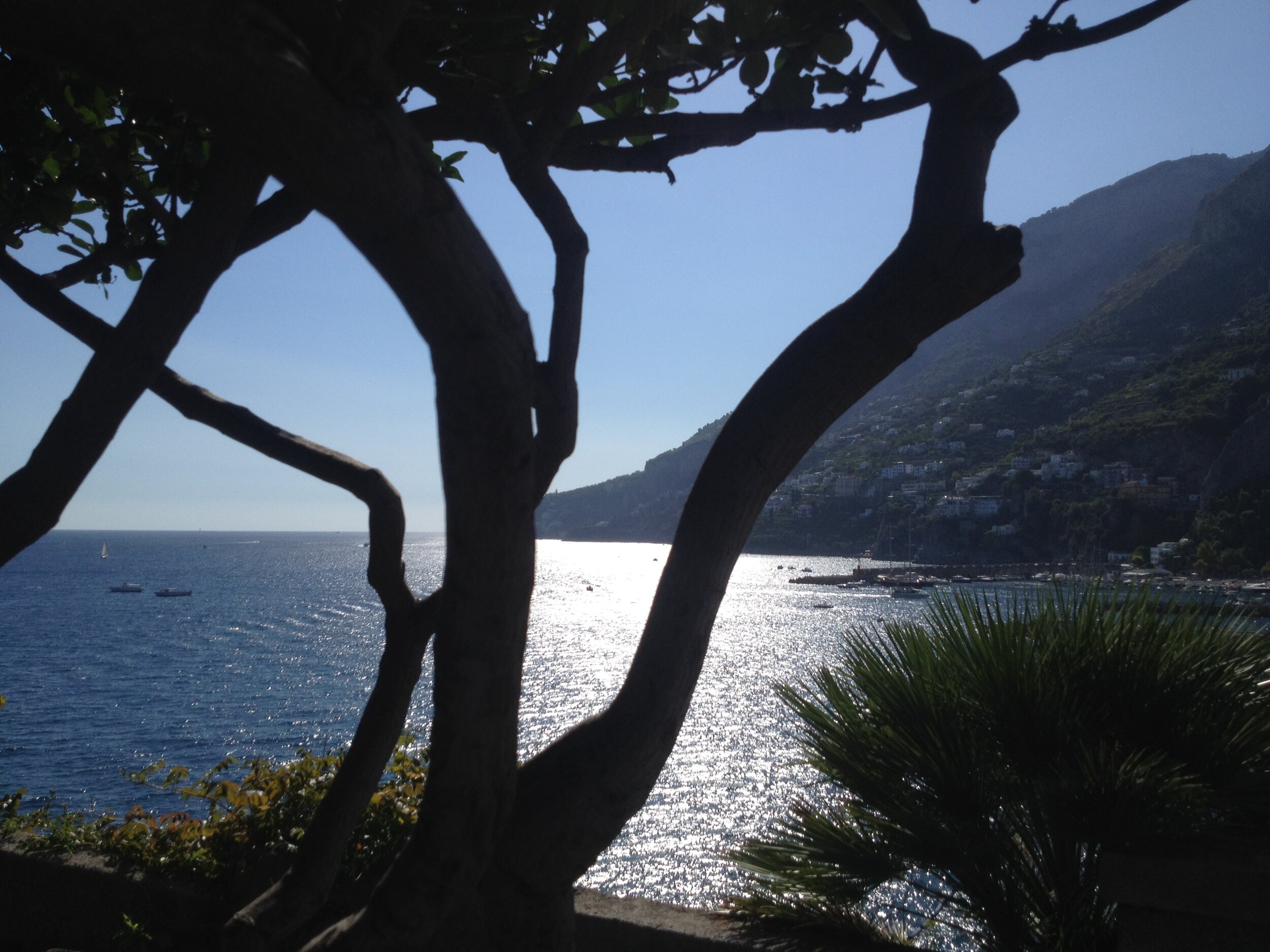
Jurisprudence
Previously taught at the University of Liverpool
(originally co-taught with Dr A Tucker, U of Liverpool)
“Passionate. Empowering. Critical.
The lectures were some of the most thought-provoking I’ve had in three years.”
— LLB student, 3rd yr, University of Liverpool. 2017.
“Anastasia is great! High level of academic sources given, and she is willing to talk through any confusion. Great movie clips.”
— LLB student, 3rd yr, University of Liverpool. 2017.
Introducing jurisprudence through classic modern law, this course begins with an overview of Natural and Positive Legal Theory, traced from Ancient Greece through to the 20th Century. Considering key figures and movements in the emergence of Anglo-American modern jurisprudence, it is only logical to follow the traditional approach to jurisprudential debates (i.e. Hart-Fuller Debate; Questions of Rights, Rule of Law alla Dworkin, Horowitz, Raz) with critical approaches. Critical jurisprudence and critical legal studies in both the U.S. and UK have, since their originary moments, raised perspectives and approaches to challenge or call into question the traditional, or mainstream, jurisprudence.
What these critical perspectives, critical jurisprudence, raise is the issue (or fact) of law and power. CLS, and jurisprudential questions of law and justice, are framed through a ‘power-centred approach’ rather than a ‘rights-centred approach.’ We can organise these critical perspectives into broader theoretical traditions of feminist jurisprudence, critical race theory, Marxist perspectives on law and economy, Third World Approaches to International Law and others. Throughout this course, I encourage students to recognise these perspectives and approaches to the fundamental questions of law (what is law? Where does it come from?) not as discrete schools of thought, but as influencing different theorists, writers in different geographical and temporal spaces.
By opening up the original questions of Anglo-American jurisprudence from alternative perspectives, this course sheds light on new possibilities and potentials for the study of law and legal theory.

